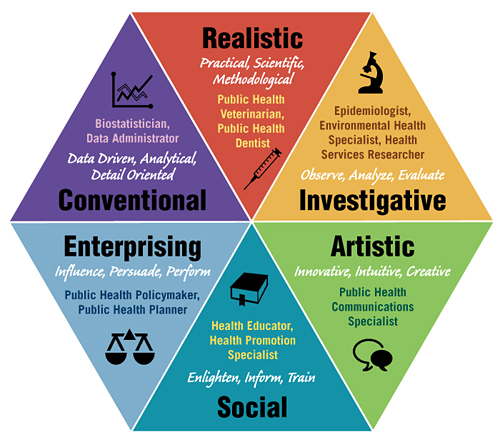Are you “looking to obtain a challenging position that will facilitate your work ethic”? “Seeking to obtain this challenging position in,” oh, let’s say the music industry? Perhaps you want to win “this challenging position that will utilize your expertise and education.” In other words, your objective is to get a job.
The recruiters and hiring managers who received your resume already knew that. That’s why you sent them your resume. Professional resume writers call this the “Duh! Factor.”
Unfortunately, it’s also the core of an old-fashioned objective statement.
Besides being self evident, an objective statement focuses on the farthest thing from hiring managers’ minds: your personal satisfaction. Instead of telling employers what’s in it for them, you’re telling them what you’ll get out of the deal (a job). That’s just bad marketing.
>>
Read the article here, and find out how you can improve your resume with an executive summary:
http://www.theladders.com/career-advice/trade-up-to-executive-summary
The recruiters and hiring managers who received your resume already knew that. That’s why you sent them your resume. Professional resume writers call this the “Duh! Factor.”
Unfortunately, it’s also the core of an old-fashioned objective statement.
Besides being self evident, an objective statement focuses on the farthest thing from hiring managers’ minds: your personal satisfaction. Instead of telling employers what’s in it for them, you’re telling them what you’ll get out of the deal (a job). That’s just bad marketing.
>>
Read the article here, and find out how you can improve your resume with an executive summary:
http://www.theladders.com/career-advice/trade-up-to-executive-summary















